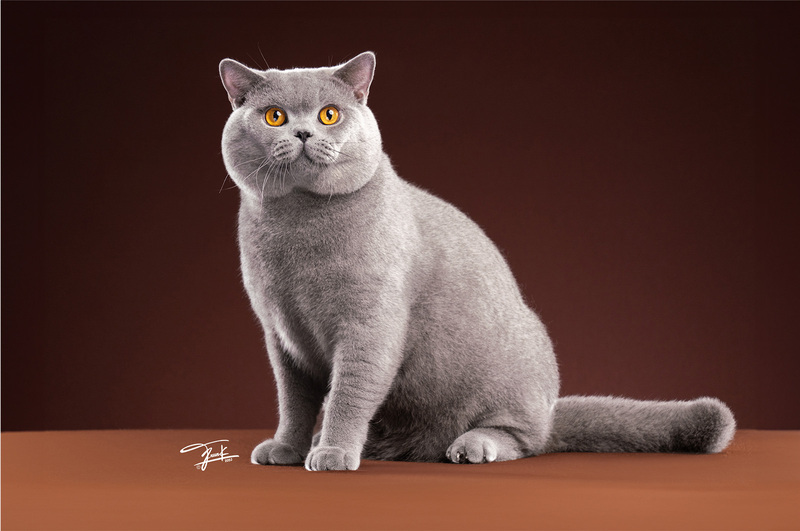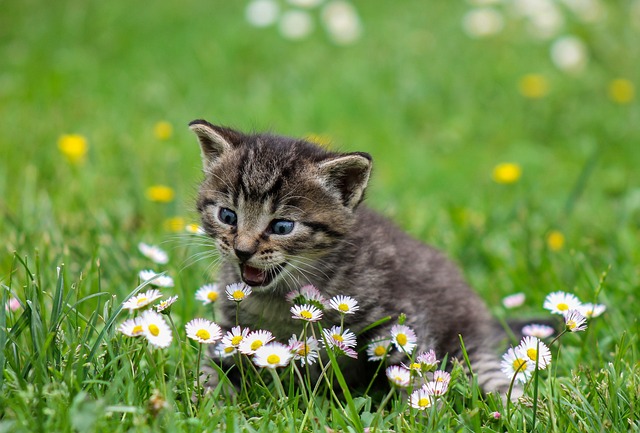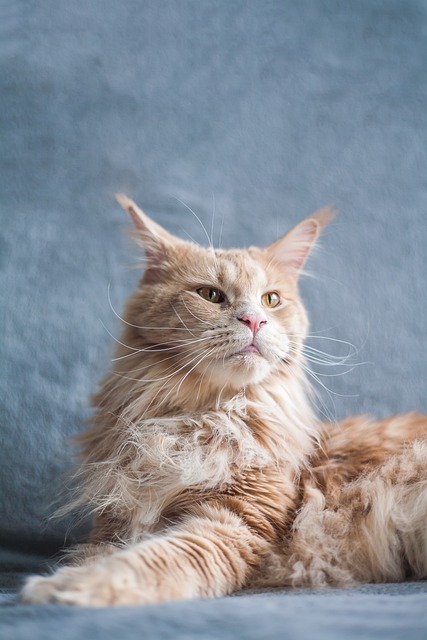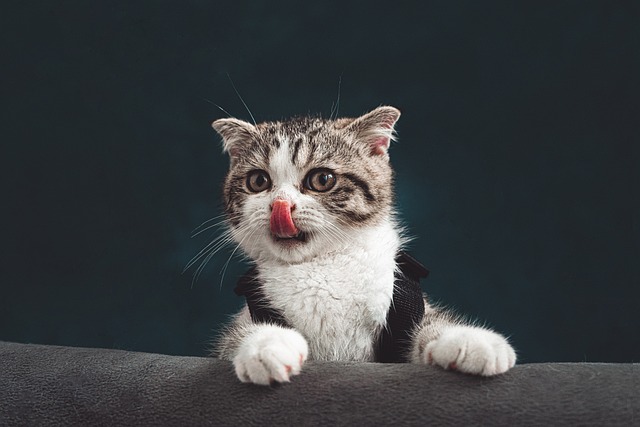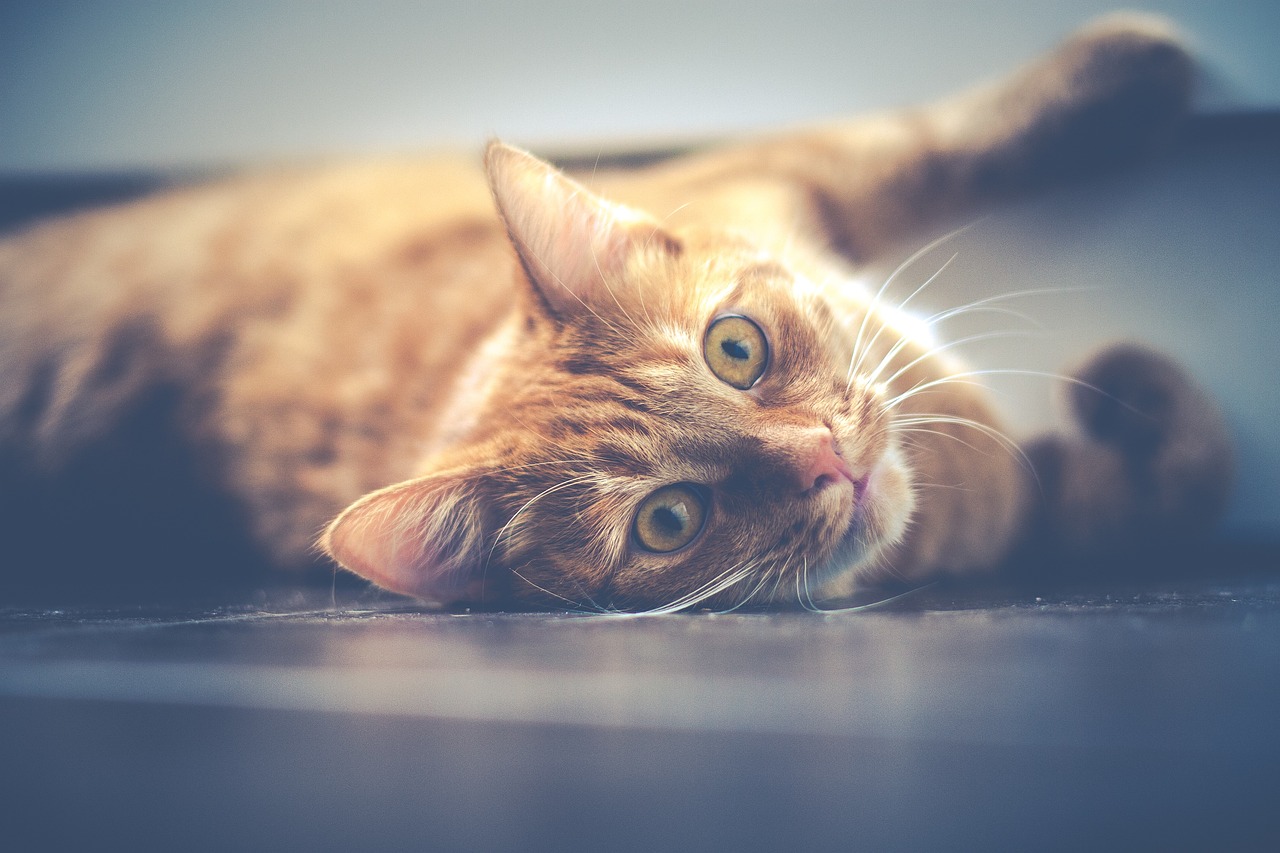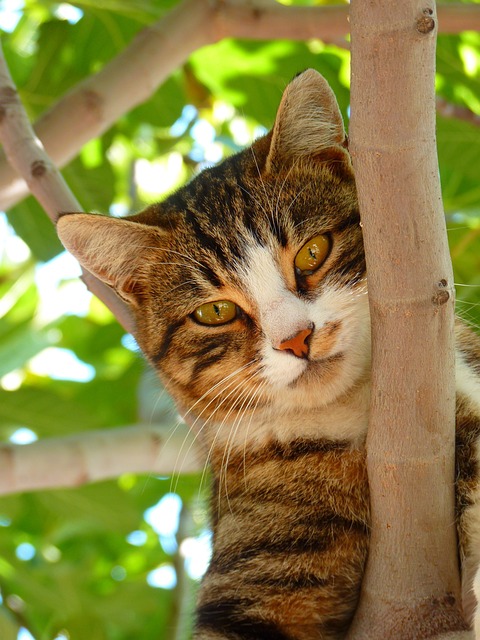British Shorthair cat are often described as the “teddy bears” of the feline world, and for good reason. Their round, plush bodies, chubby cheeks, and soft, dense fur give them an irresistibly cuddly appearance. But British Shorthairs are more than just a pretty face—they have a calm, gentle personality that makes them ideal companions for nearly any type of household.
This beloved breed traces its origins back to ancient Egypt. They migrated with humans to Rome and eventually settled in Great Britain, where their skill at catching mice made them invaluable as working cats. Over time, their affectionate nature and adaptability elevated them from simple mousers to cherished family members. Today, British Shorthairs remain one of the most popular cat breeds in the UK, admired both at cat shows and in family homes.
British Shorthair Characteristics at a Glance
| Feature | Description |
|---|---|
| Appearance | Stocky and muscular, round face, chubby cheeks, dense plush fur |
| Coat Colors | Iconic “British blue,” silver, white, golden, chinchilla, shaded varieties |
| Weight | Males: up to 17 lbs; Females: up to 12 lbs |
| Lifespan | 12–20 years |
| Personality | Calm, gentle, affectionate but independent |
| Activity Level | Low to moderate; enjoys play and interactive toys |
| Compatibility | Excellent with children, dogs, rabbits, birds |
| Vocalization | Quiet; not excessively talkative |
| Grooming Needs | Low-maintenance; regular brushing recommended |
Caring for Your British Shorthair cat
Growth and Personality
British Shorthairs are slow to mature, often retaining a playful, kitten-like personality well into their second or third year. They are not hyperactive cats but enjoy brief bursts of play, particularly interactive games that mimic hunting. Their calm temperament makes them suitable for families, singles, and households with other pets.
Coat and Fur
While most people immediately recognize the “British blue” coat, British Shorthairs come in a wide array of colors and patterns. Their fur is dense and plush, requiring regular brushing to minimize shedding and prevent matting. Long-haired variations exist but are considered a separate breed, the British Longhair, created by crossing with Persians.
Nutrition and Feeding
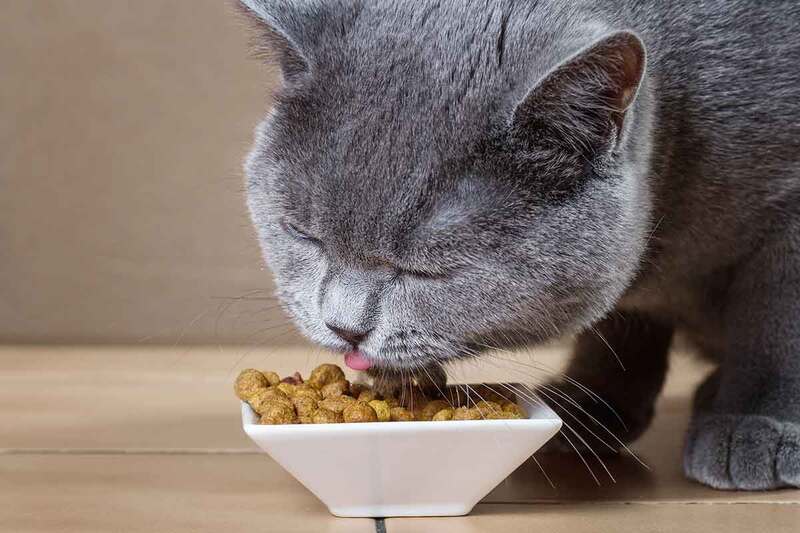
Feeding Guidelines
To maintain their charming appearance and health, British Shorthairs need a balanced, high-quality diet. Look for commercial cat food that meets or exceeds AAFCO nutritional standards for the appropriate life stage.
- Kittens: Food formulated for growth or all life stages.
- Adults: Transition to adult maintenance diets around 12 months.
- Interactive Feeding: Food puzzles, treat-dispensing toys, and lick mats help stimulate natural hunting instincts.
Portion Control
British Shorthairs are relatively low-energy, so it’s important to monitor portion sizes to prevent obesity. Their calorie needs vary depending on age, lifestyle, and body condition. Consult a veterinarian to determine the ideal daily amount. Overweight cats are at risk for joint problems, diabetes, and heart disease.
Nutritional Tips
A high-quality diet typically provides all essential vitamins and nutrients. However, certain health conditions may require supplements, such as omega-3 fatty acids for skin and coat health or joint-supporting nutrients for older cats.
Health Considerations
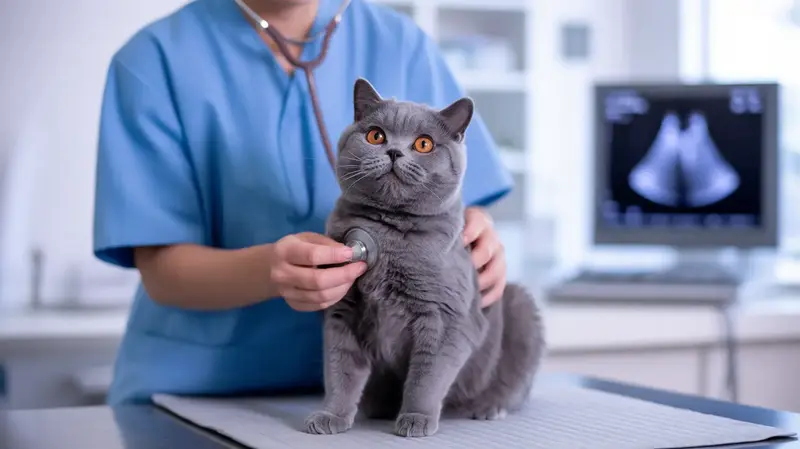
British Shorthairs are generally a healthy breed with few genetic concerns, but it’s important to be aware of potential health issues.
Hypertrophic Cardiomyopathy (HCM)
HCM is the most common heart disease in cats and can develop silently. Early signs may go unnoticed until symptoms like lethargy or breathing difficulties appear. Regular veterinary checkups, DNA testing, and selecting breeders who screen for HCM can help detect and manage this condition early.
Dental Disease
Dental problems can lead to pain, bad breath, and infection. Brushing your cat’s teeth and scheduling regular veterinary dental cleanings are essential preventive measures.
Pet Insurance
Investing in pet insurance can help manage unexpected medical expenses, ensuring your British Shorthair receives timely care without financial stress.
Personality and Behavior of British Shorthair Cat
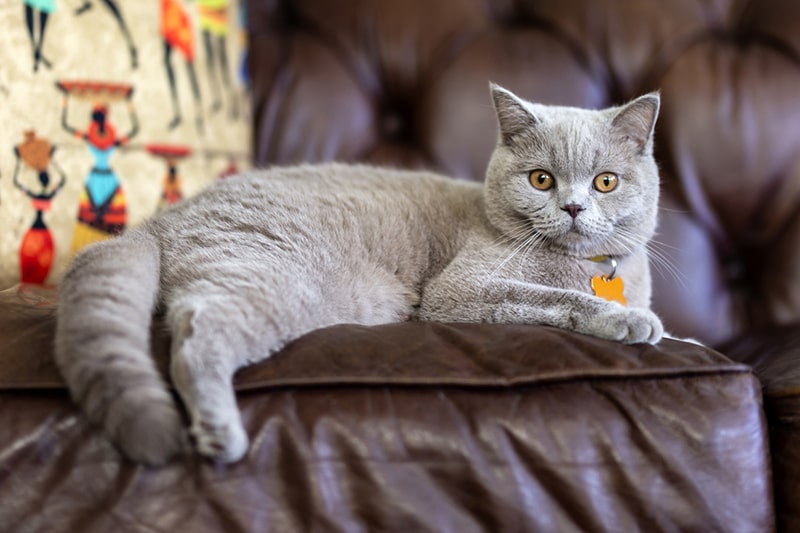
Temperament
British Shorthairs are calm, reserved, and affectionate without being clingy. They enjoy companionship and lap time but also appreciate independence. This makes them ideal for families, first-time pet owners, or homes with multiple pets.
Social Behavior
They may be initially shy with strangers or new pets but warm up once proper introductions are made. They are generally quiet, easygoing, and well-suited to households with children or other animals.
Play and Training
Though not naturally hyperactive, British Shorthairs enjoy play sessions that engage their hunting instincts, such as chasing toy mice or batting at interactive wands. Reward-based training works well, especially when started during kittenhood.
Grooming and Care
Even though British Shorthairs are low-maintenance, some regular care is necessary:
- Coat Care: Brush several times a week to reduce shedding.
- Eye Care: Monitor for discharge and consult a veterinarian if needed.
- Ear Care: Clean with vet-approved solutions and check for wax or debris.
- Skin Care: While generally healthy, any signs of irritation or itching should prompt a checkup.
Fun Activities for British Shorthairs
- Interactive play with wands or toys
- Hunting small toys or food puzzles
- Bird-watching from a window perch
- Sunbathing in a cozy spot
- Cuddling with family members or other pets
These activities satisfy their mental and physical needs while reinforcing the bond between cat and owner.
Why Choose a British Shorthair?
British Shorthairs combine charm, gentleness, and resilience. They are affectionate but independent, low-maintenance but engaging, and long-lived, often reaching 20 years with proper care. Their balanced personality makes them perfect companions for families, singles, or multi-pet homes.
FAQs About British Shorthairs
How much does a British Shorthair cat cost?
Kittens from reputable breeders can range from $500 to $4,500 depending on location, pedigree, and age. Rescue options from specialty purebred rescues may also be available.
Are British Shorthairs hypoallergenic?
No. Allergens are found in skin and saliva, not just fur. No cat breed is completely hypoallergenic.
What colors do British Shorthairs come in?
While “British blue” is the most famous, the breed also comes in silver, white, golden, chinchilla, and shaded patterns. The British Chinchilla is particularly striking, with shimmering silver fur and bright blue or green eyes.
British Shorthairs are truly one of the most loved cat breeds worldwide. Their teddy-bear appearance, gentle personality, and adaptability make them a perfect addition to almost any home. With proper care, nutrition, and love, these cats provide companionship for up to two decades, making them a lifelong friend for cat enthusiasts.

